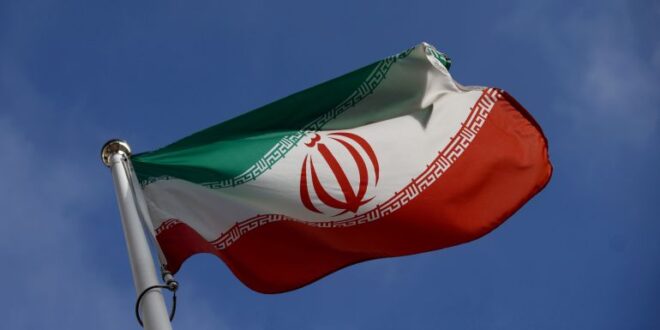Tehran is not content with how its recent security pact with Baghdad is being implemented.
Iran’s foreign ministry has summoned the Iraqi ambassador to Tehran to “strongly protest” against the continued presence of groups it says conduct “terrorist” activities.
The envoy was called in on Saturday to receive Tehran’s ire over “an invitation to members of secessionist groups for an official event” and “continued movements of some terrorist groups” in Iraqi Kurdish region, state-affiliated media reported.
Though the groups were not named, the reference appeared to be to Kurdish armed groups, including the Democratic Party of Iranian Kurdistan, a banned group that has advocated for the separation of the northwestern province of Kurdistan from Iran and the overthrow of the government.
The foreign ministry reportedly conveyed that the groups’ presence goes against a security agreement Iran and Iraq signed last month in Baghdad. Iran’s security chief, Ali Shamkhani, had at the time said Tehran hopes the agreement “can completely and fundamentally end the vicious actions” of Kurdish groups and stop Iraqi borders being used to threaten Iran.
Iraq’s semi-autonomous Kurdish region hosts camps and rear bases operated by several Iranian Kurdish factions, which Iran has accused of serving Western or Israeli interests in the past and conducting operations with their support.
Last year, after protests erupted across Iran following the death in police custody of an Iranian Kurdish woman who was arrested for alleged non-compliance with the country’s dress laws for women, the Kurdish groups came into renewed focus. Tehran repeatedly blamed them for smuggling weapons into the country through neighbouring Iraq’s Kurdish region, and for trying to mount “terrorist” operations.
It also called on Baghdad to disarm the groups and prevent Iraqi soil from being used against Iran.
Iran’s Islamic Revolutionary Guard Corps (IRGC) then launched multiple missile and drone attacks against the groups in Iraq’s Kurdish region over weeks amid criticism of the Iraqi government for not doing more.
After the current Iraqi government came to power in October, officials entered negotiations that led to the signing of the security agreement.
The issue was also discussed in late April, when Iraqi President Abdul Latif Rashid made his first state visit to Tehran and met Iranian Supreme Leader Ayatollah Ali Khamenei and President Ebrahim Raisi. Khamenei at the time emphasised that the security agreement needs to be implemented in full.
 Eurasia Press & News
Eurasia Press & News




